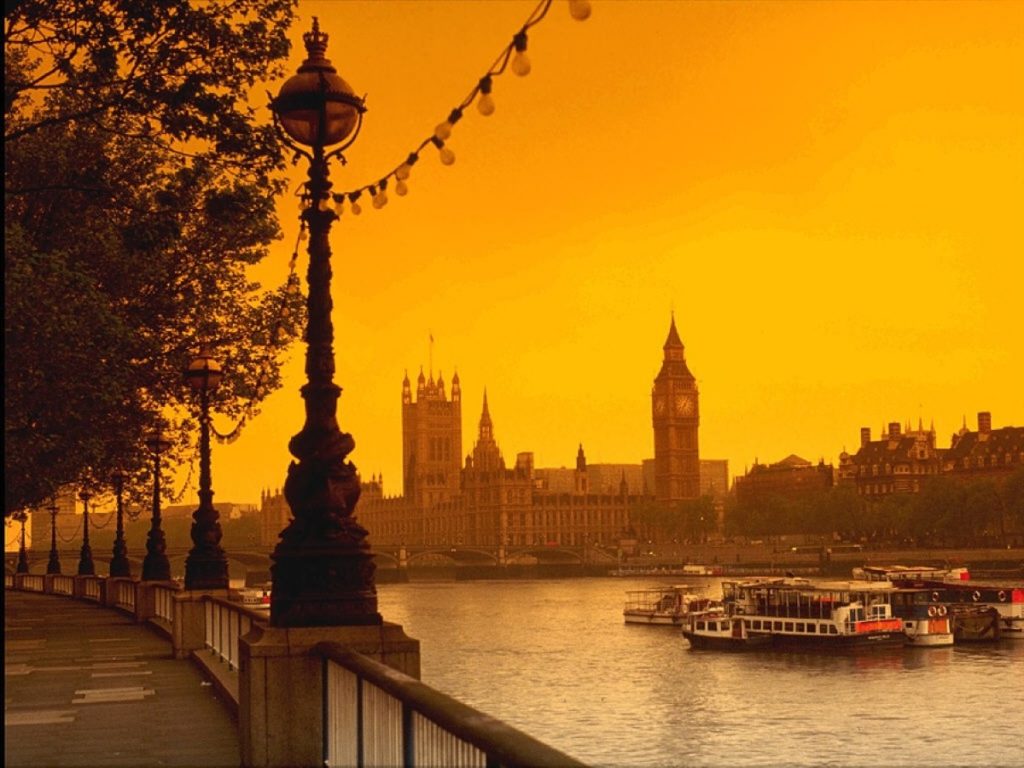It’s official: Gay marriage is legal in Britain
Gay marriage is legal in the UK, after the Queen gave royal assent to the same-sex marriage bill.
The historic event ends years of often emotional debate about the change to the law and will be greeted with euphoria by gay rights campaigners.
The Marriage (Same Sex Couples) Act passed its final vote in the Commons yesterday evening, after MPs waved through amendments made in the Lords.
There were cheers in both houses of parliament after Speaker John Bercow announced the news.


The first gay and lesbian weddings will take place next summer.
Opponents are still angry about the legislation and there are fears in Tory HQ that it will be a continued sore point with elderly Conservative voters.
It is "astonishing that a bill for which there is absolutely no mandate, against which a majority of Conservatives voted, has been bulldozed through both Houses", Tory MP Gerald Howarth said.
"I think the government should think very carefully in future if they want the support of these benches. Offending large swathes of the Conservative party is not a good way of going about it."
But culture secretary Maria Miller said the law showed what kind of a society the UK wanted to be.
"It is a wonderful achievement and whilst this legislation may be about marriage, its impact is so much wider," she said.
"Making marriage available to all couples demonstrates our society’s respect for all individuals regardless of their sexuality. It demonstrates the importance we attach to being able to live freely. It says so much about the society that we are and the society that we want to live in.
"This is a historic moment that will resonate in many people’s lives. I am proud that we have made it happen, and I look forward to the first same sex wedding by next summer."
The bill allows religious organisations to opt-in to holding gay weddings, although the Church of England and Church in Wales are banned from doing so.
Ironically, the enforcement of the state churches' ban was one of the first pieces of legislation restricting gay culture since Section 28.
MPs' decision not to oppose Lords amendments has several consequences.
There will be additional protections for transgender couples, who will be able to change sex and stay married.
There will be a review on whether humanists can conduct marriages. There are concerns that allowing this might triggered legal demands from other groups, such as self-identified 'Jedis', to be able to conduct weddings, but supporters say humanists are entitled to the same rights as religious groups.
There will also be reviews of pension arrangements for gay couples.









